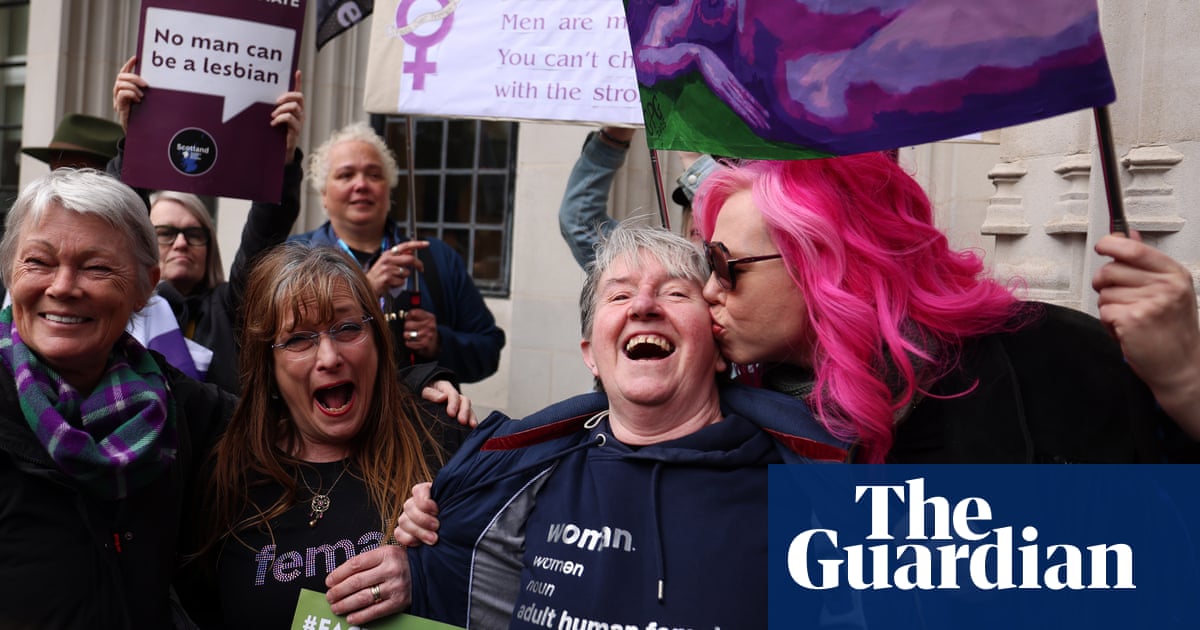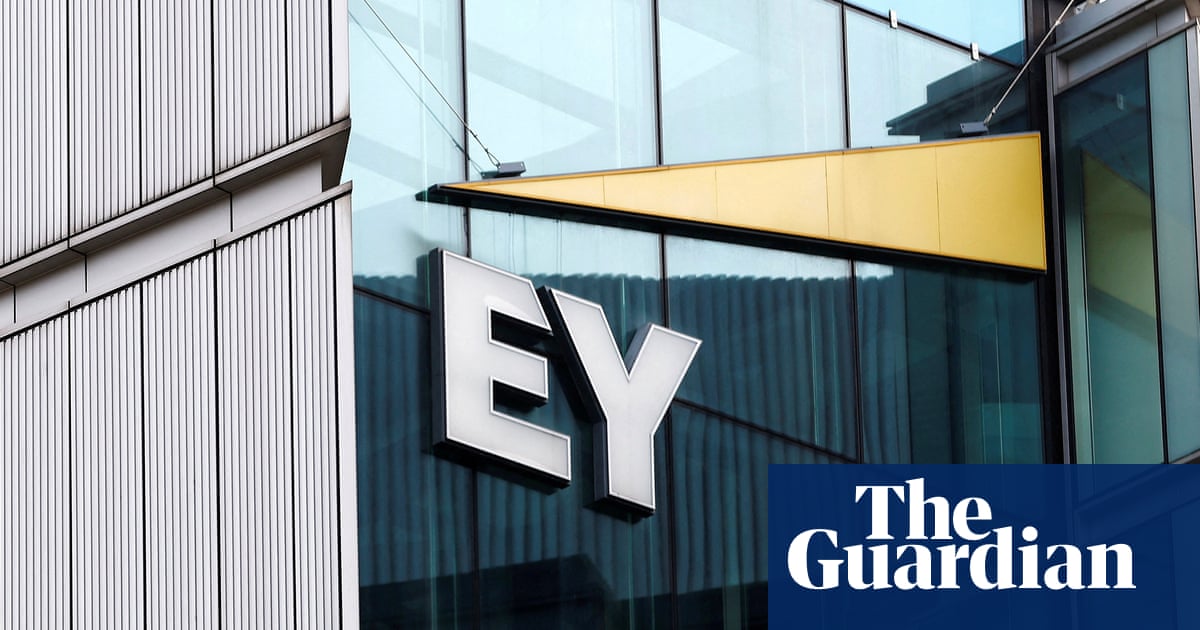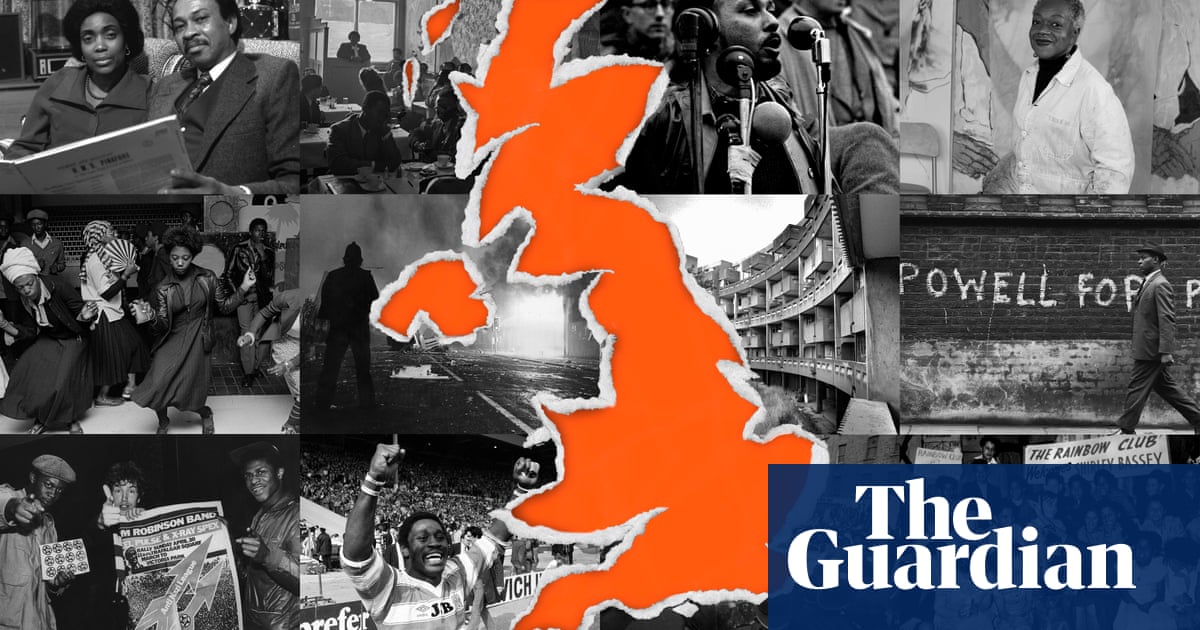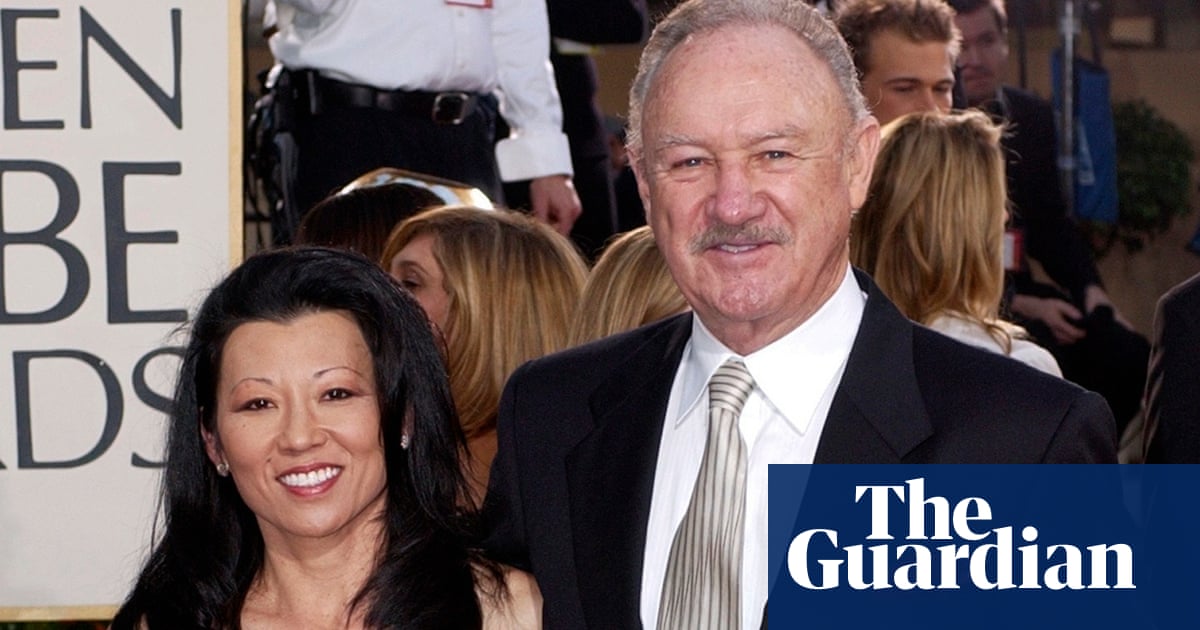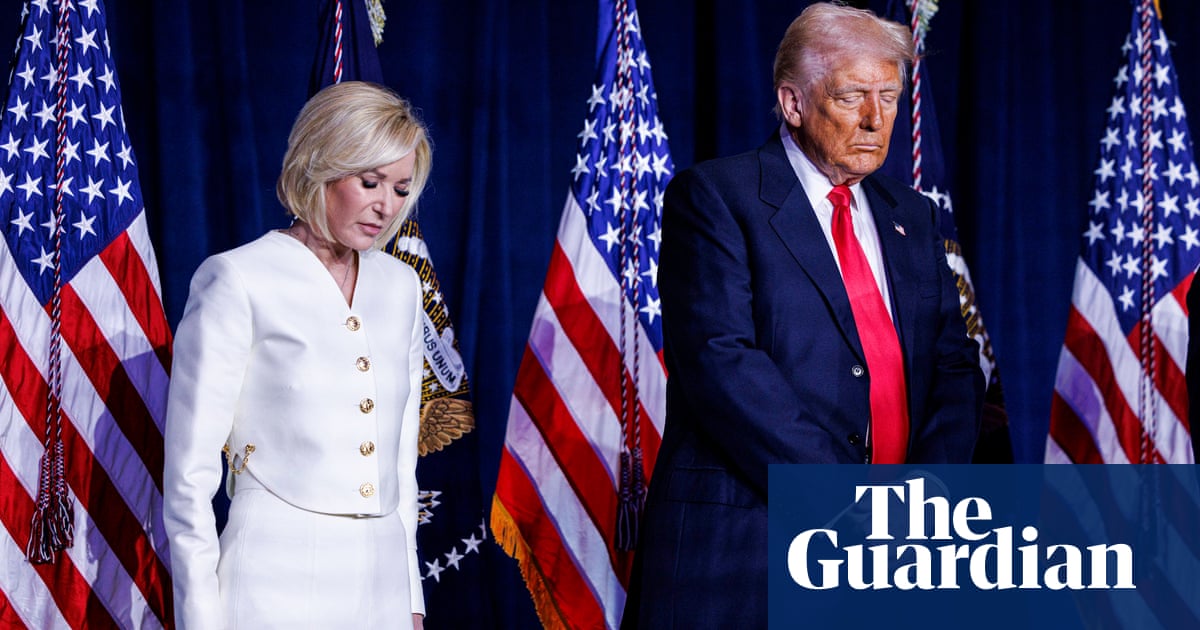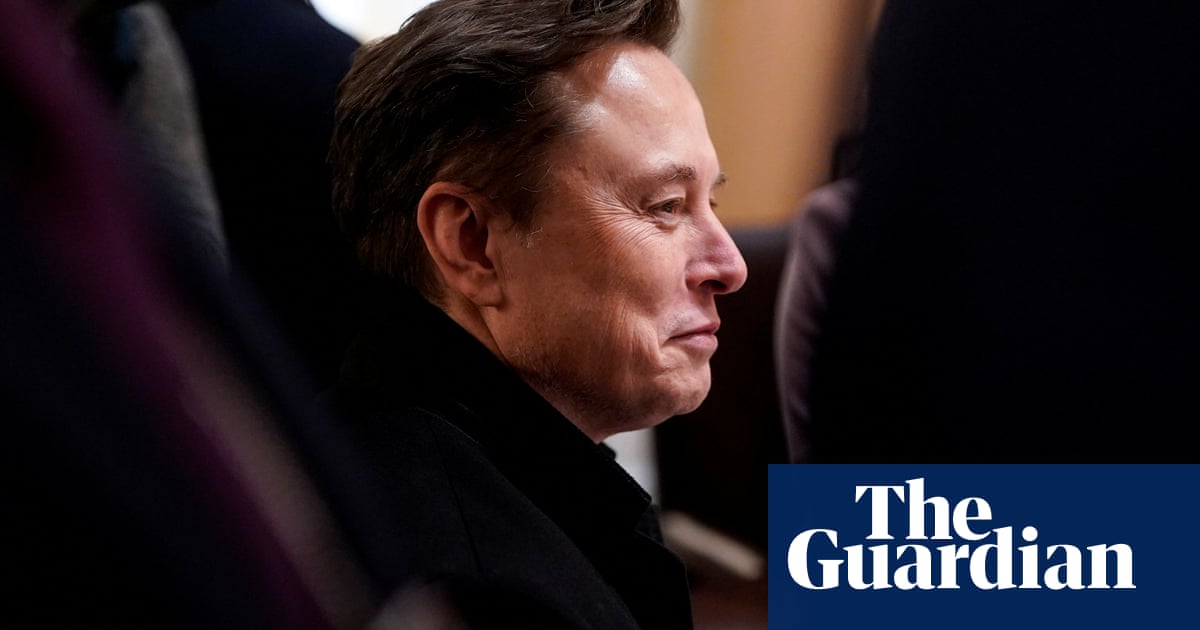UK inflation dropped to 2.6% in March, increasing the pressure on Bank of England policymakers to cut interest rates next month.
Prices growth was weak ahead of an expected rise in April as households begin to pay higher council tax and utility bills, as well as an uncertain outlook posed by Donald Trump’s tariff war.
Last month’s reading came in below City forecasts of a fall to 2.7%. It comes after the consumer prices index fell in February to 2.8%, down from 3% in January.
The Office for National Statistics (ONS) said falling fuel prices and flat costs for recreation and culture activities drove inflation lower, although this was offset by price rises for clothing and footwear. The price of food was also a factor in dragging down prices growth after it was flat in March compared with rising prices in the same month last year.
The average price of petrol fell by 1.6p a litre between February and March 2025 to stand at 137.5p a litre, down from 144.8p a litre in March 2024, the ONS said.
Before Donald Trump’s tariff announcements this month, analysts had predicted that inflation would start rising from April onwards, peaking at about 4% over the summer before falling back next year.
However, the US president’s trade war has cast doubt on those forecasts for CPI, which could peak at a lower rate if China is allowed to dump goods in Europe that were previously destined for the US.
after newsletter promotion
Pressure is building on the Bank of England’s policymakers to cut interest rates when they meet next month. One of its previous deputy governors, Charlie Bean, said last week that tariff uncertainty meant the Bank should set aside concerns about inflation and cut the cost of borrowing by at least half a per cent, while the former prime minister Gordon Brown has called for a coordinated rate cut by all major central banks.

 7 hours ago
8
7 hours ago
8
